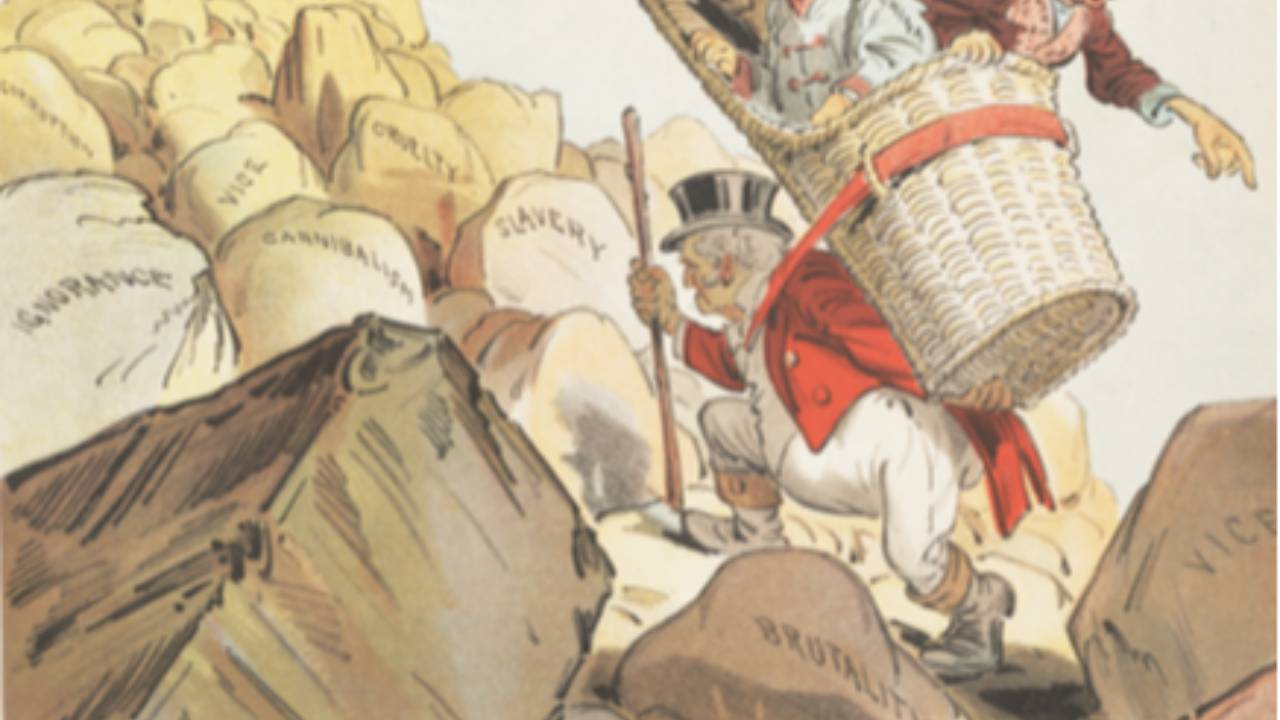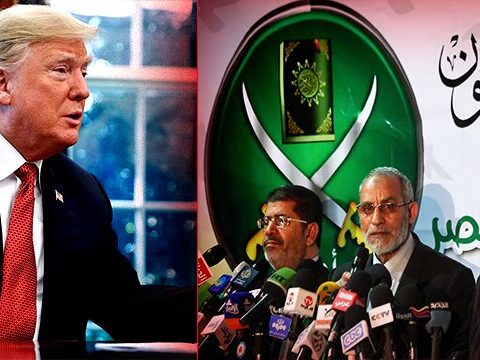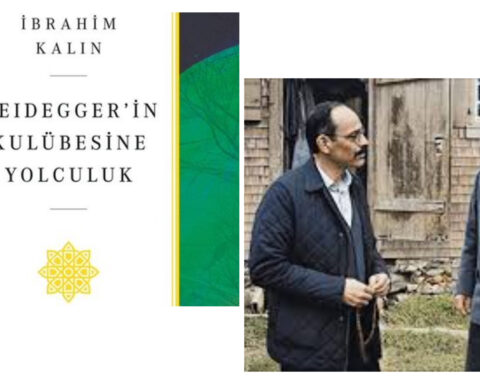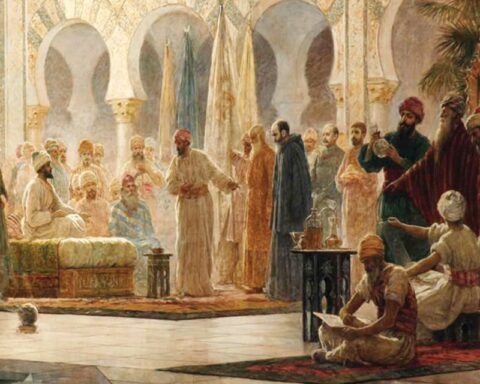www.dailysabah.com-Dec.12.2015
“Not all cultures are equal.” Last time we heard such statements, Western colonialists were pulverizing the world from the Middle East to Africa and Australia all in the name of civilization. Now it has come up again in the rush to attack Islam and demonize Muslims in order to create new oppositional identities.
Since the Republican presidential hopeful Donald Trump called “for a total and complete shutdown of Muslims entering the United States,” anti-Muslim hysteria has reached new heights. Discriminatory and racist comments have become commonplace. Verbal and physical attacks on Muslim women in particular have seen a spike within days after the terror attack in San Bernardino, California. The Islamophobia industry is at work again. The hysteria is so widespread that minutes after the San Bernardino shooting, some American journalists were trolled with the news that the name of the suspect was “Tayyeep bin Ardogan.” The fictional name made it to the mainstream media within minutes with no one even bothering to check the accuracy of such non-existent phrasing in Arabic or any other language spoken by Muslim people for that matter. Even the standards of serious journalisms are forsaken when it comes to Islam.
The little Trumps of the world joined the fray with their own versions of religious and cultural racism. Tony Abbot, the deposed prime minister of Australia and a devout Catholic, said in his piece published in the Australian Telegraph daily that the West should “proclaim superiority over Islam” because, according to him, “not all cultures are equal.” Abbot further argued that a clash of civilizations is inevitable if and until Islam changes.
It is rather shocking that such a blatantly racist and supremacist tirade comes from Australia, which takes pride in its multiculturalism. Behind Abbot’s idiotic statement, however, lies a painful history of enslavement and colonialism. Instead of self-aggrandizing, Mr. Abbot and his ilk should explain decades of shameful colonialism and exploitation of Australian Aborigines in their own land before preaching to others about culture, ethics and civility.
The Trumps and Abbots of the world are playing to the worst fears of ordinary Westerners in order to create a sense of Armageddon between an absolute good and an absolute evil. But the irony is that they are playing the racist card in a nation of immigrants. By stigmatizing a particular group of people, Muslims in this case, they are telling their followers to be wary of multiculturalism. Yet Trump still claims to do all this to “make American great again.” Either the word great has lost its meaning or Trump has lost all his sense.
This is not about reclaiming one’s identity or making one’s country secure. This is about amassing power. The “civilizing mission” that Western colonialists used to justify the “white man’s burden” in the 19th century was never simply about identity or security. It was designed to make imperialism look and feel good. From Africa to India, religious and cultural racism was coupled with economic exploitation. Exploitation and enslavement of millions of Africans, Native Americans and Australian Aborigines was as much about the West’s new self-perception as the new master of the world as it was about exploiting the resources of the colonized peoples.
Today, far-right extremists exploit terrorism rather than genuinely fight it in order to widen their support base. According to a recent study, white supremacists in the U.S. have killed far more people than the so-called jihadists. Far more people die from domestic violence, homicide and gang violence in the U.S. than in terrorist attacks. Most of the perpetrators are white Christians. Yet Muslims are systematically stigmatized more than any other group. In many ways, Muslims have become the new Jews of the West.
The trouble is that demonizing Islam and Muslims in the name of fighting terrorism plays right into the hands of violent extremists and alienates Muslims who oppose violence. We only help those extremists who we claim to denounce by allowing racist and discriminatory discourses to become mainstream.
We have to reject violent extremism and terrorism in all of its forms and disallow the culturalist argument to sow deeper hatred and animosity. Instead, we ought to address the root causes of terrorism. As I have argued before, we have to have a two-pronged approach. First, we have to address the facts on the ground, including ending the war in Syria and stopping alienation and online radicalization in Europe, and second, we have to fight for the hearts and minds of people, especially the youth who need proper education, respect and self-esteem rather than unnecessary wars, racist slurs and Islamophobic stereotyping.
A good way to start this fight is to deny the political opportunists of the right and left the opportunity to manipulate the facts on the ground. The white man’s burden today is to show that people like Trump, Abbot and others have no place in the rational, civilized world.
www.dailysabah.com-Dec.12.2015






